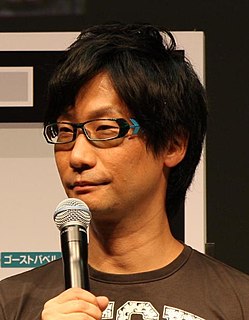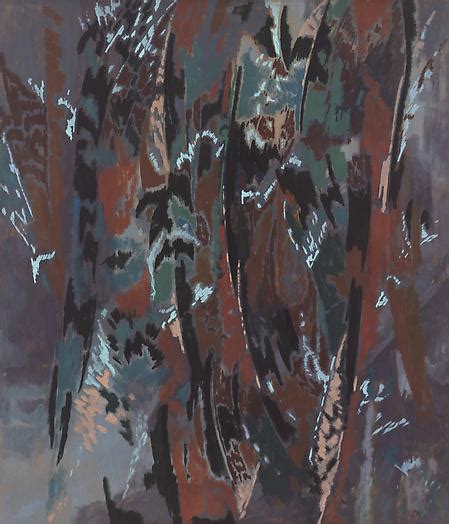A Quote by Annalee Newitz
The fact is that humans have been shaping the genetics of what they eat for thousands of years. Genetic engineering simply speeds up the process that used to take generations. Preventing people from getting things like golden rice or disease-resistant cassava destroys human life, and does not spare the environment in any way.
Related Quotes
Everywhere we are told that our human resources are all to be used, that our civilization itself means the uses of everything it has - the inventions, the histories, every scrap of fact. But there is one kind of knowledge - infinitely precious, time-resistant more than monuments, here to be passed between the generations in any way it may be: never to be used. And that is poetry.
But this was the only way of life that humans knew for their first 6m years on the planet. In giving it up over the past few thousand years, we have lost our vulnerability to disease and cold and wild animals, but we have also lost good ways to bring up children, look after old people, stave off diabetes and heart disease and understand the real dangers of everyday life.
With genetic engineering, we will be able to increase the complexity of our DNA, and improve the human race. But it will be a slow process, because one will have to wait about 18 years to see the effect of changes to the genetic code. By contrast, computers double their speed and memories every 18 months. There is a real danger that computers will develop intelligence and take over. We urgently need to develop direct connections to the brain so that computers can add to human intelligence rather than be in opposition.
Sustainability is an economic state where the demands placed upon the environment by people and commerce can be met without reducing the capacity of the environment to provide for future generations. It can also be expressed in the simple terms of an economic golden rule for the restorative economy: Leave the world better than you found it, take no more than you need, try not to harm life or the environment, make amends if you do.
The catalyst that converts any physical location - any environment if you will - into a place, is the process of experiencing deeply. A place is a piece of the whole environment that has been claimed by feelings. Viewed simply as a life-support system, the earth is an environment. Viewed as a resource that sustains our humanity, the earth is a collection of places.






























